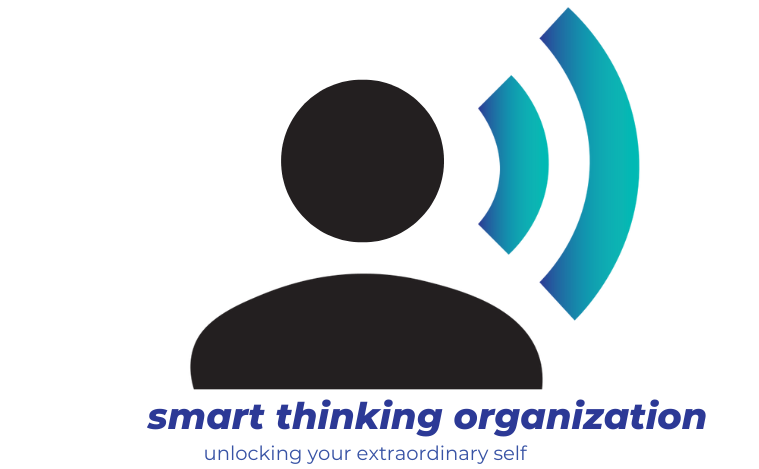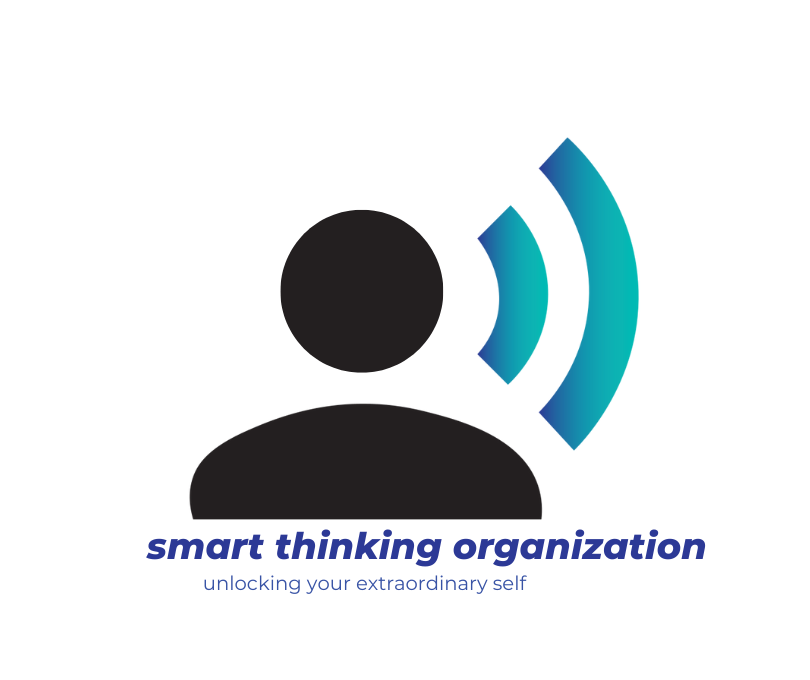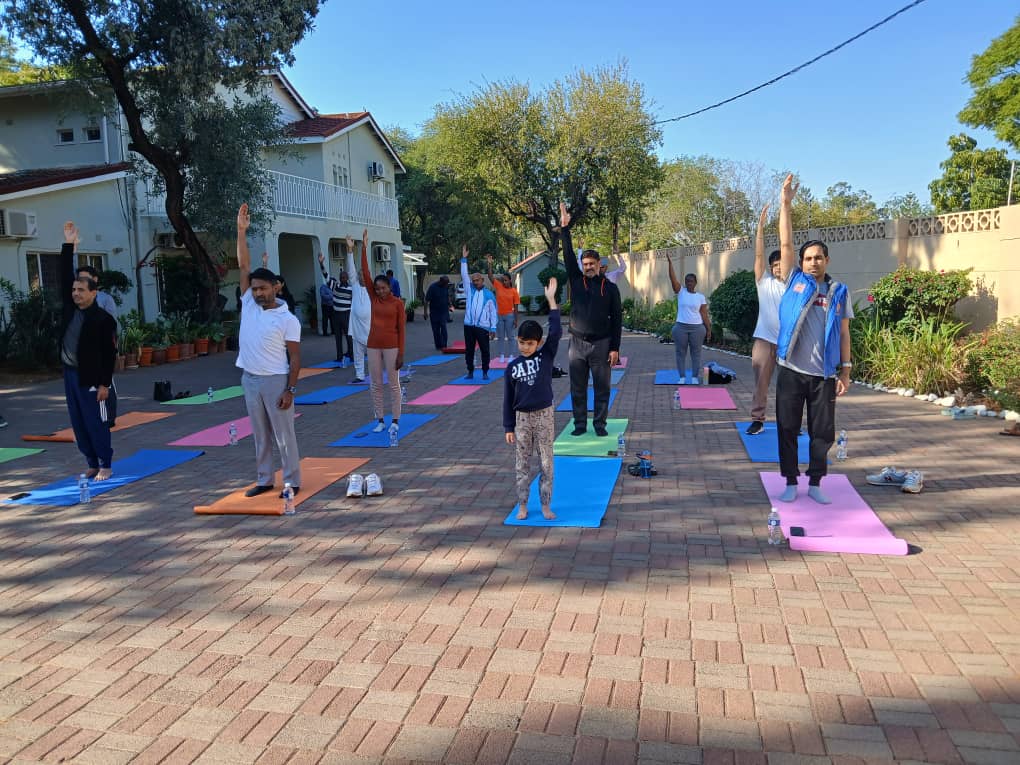In today’s fast-paced world, mental health challenges such as stress, anxiety, and depression are increasingly common. The COVID-19 pandemic has further exacerbated these issues, making it essential to find effective ways to cope with and manage mental health. Mindfulness and meditation have emerged as powerful tools for enhancing mental well-being and resilience. These practices offer numerous benefits, from reducing stress to improving overall mental health.
Understanding Mindfulness and Meditation
What is Mindfulness?
Mindfulness is the practice of being present in the moment and fully engaged with whatever you are doing, without judgment or distraction. It involves paying attention to your thoughts, feelings, and sensations in a non-reactive way. Mindfulness helps individuals become more aware of their experiences, allowing them to respond to situations with greater clarity and calmness.
What is Meditation?
Meditation is a technique used to train the mind to focus and achieve a state of calm and relaxation. There are various forms of meditation, including mindfulness meditation, which involves focusing on the present moment, and other techniques such as loving-kindness meditation, body scan meditation, and transcendental meditation.
Benefits of Mindfulness and Meditation for Mental Health
1. Reduces Stress
One of the most well-documented benefits of mindfulness and meditation is their ability to reduce stress. These practices help lower cortisol levels, the hormone associated with stress, and promote relaxation.
How It Works:
- Mindfulness encourages you to stay present and not dwell on past or future worries.
- Meditation techniques, such as deep breathing, activate the body’s relaxation response.
2. Alleviates Anxiety
Mindfulness and meditation can significantly reduce symptoms of anxiety. By focusing on the present moment, individuals can break the cycle of anxious thoughts and fears.
How It Works:
- Meditation practices, such as guided imagery and progressive relaxation, help calm the mind.
- Regular mindfulness practice increases awareness and acceptance of anxious thoughts, reducing their impact.
3. Improves Mood and Emotional Regulation
Mindfulness and meditation enhance emotional regulation, helping individuals manage their emotions more effectively. This leads to improved mood and a greater sense of well-being.
How It Works:
- Mindfulness practice fosters a non-judgmental attitude towards thoughts and feelings, reducing emotional reactivity.
- Meditation promotes positive thinking and enhances the brain’s ability to process emotions.
4. Enhances Focus and Concentration
Regular mindfulness and meditation practice can improve focus, attention, and cognitive performance. This is particularly beneficial in managing the distractions and demands of daily life.
How It Works:
- Meditation techniques, such as focused attention meditation, train the brain to sustain attention on a single task.
- Mindfulness practice reduces mind-wandering and enhances cognitive control.
5. Supports Overall Mental Health
Mindfulness and meditation contribute to overall mental health by promoting a sense of inner peace, self-awareness, and emotional balance.
How It Works:
- Mindfulness encourages a compassionate and accepting attitude towards oneself and others.
- Meditation fosters a deeper connection with one’s inner self, promoting self-understanding and acceptance.
How to Incorporate Mindfulness and Meditation into Your Life
Start Small
Begin with just a few minutes of mindfulness or meditation practice each day. Gradually increase the duration as you become more comfortable with the practice.
Find a Quiet Space
Choose a quiet, comfortable place where you can practice mindfulness or meditation without distractions. This helps create a peaceful environment conducive to relaxation.
Use Guided Resources
There are many apps and online resources available to help you get started with mindfulness and meditation. Apps like Headspace, Calm, and Insight Timer offer guided meditations and mindfulness exercises.
Practice Regularly
Consistency is key to reaping the benefits of mindfulness and meditation. Try to incorporate these practices into your daily routine, whether it’s in the morning, during a break, or before bed.
Be Patient and Compassionate
Mindfulness and meditation are skills that take time to develop. Be patient with yourself and approach your practice with compassion, understanding that progress may be gradual.
Conclusion
Mindfulness and meditation are powerful tools for enhancing mental health and well-being. By reducing stress, alleviating anxiety, improving mood, and enhancing focus, these practices offer a holistic approach to managing mental health challenges. Incorporating mindfulness and meditation into your daily routine can lead to a more balanced, peaceful, and fulfilling life.




